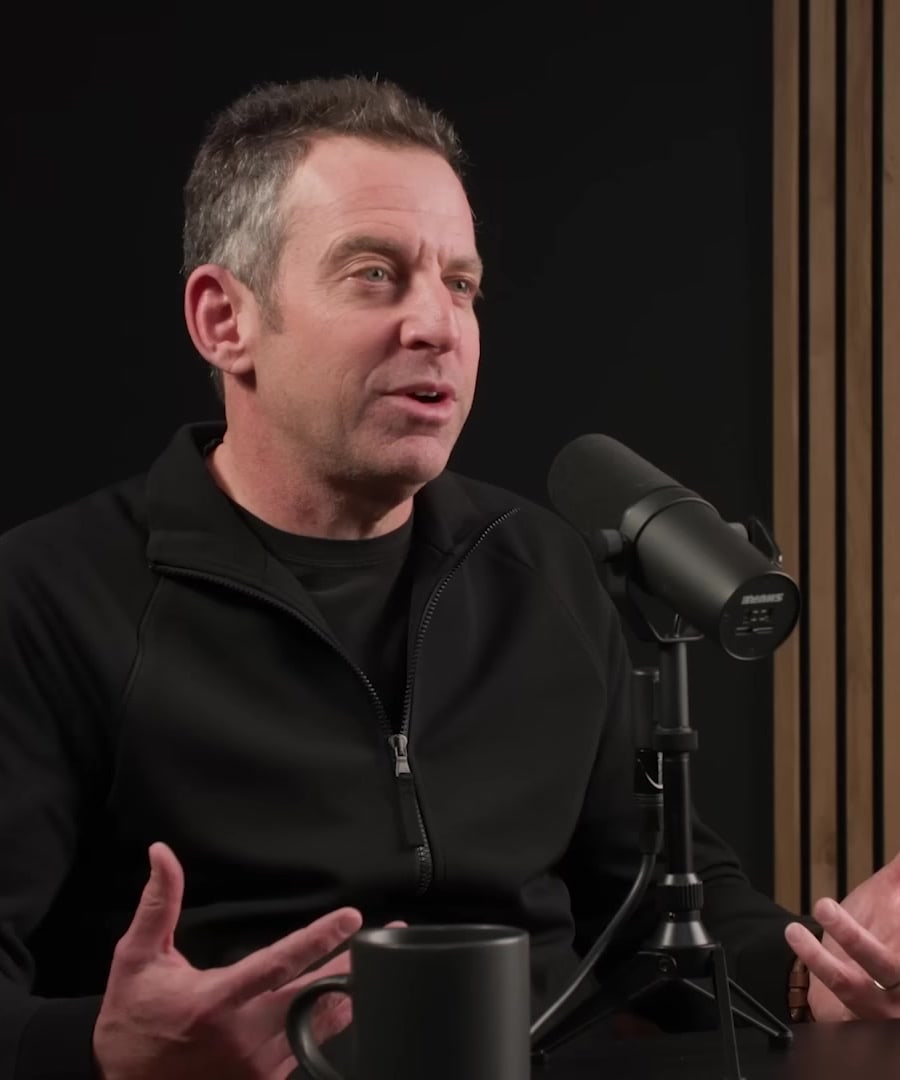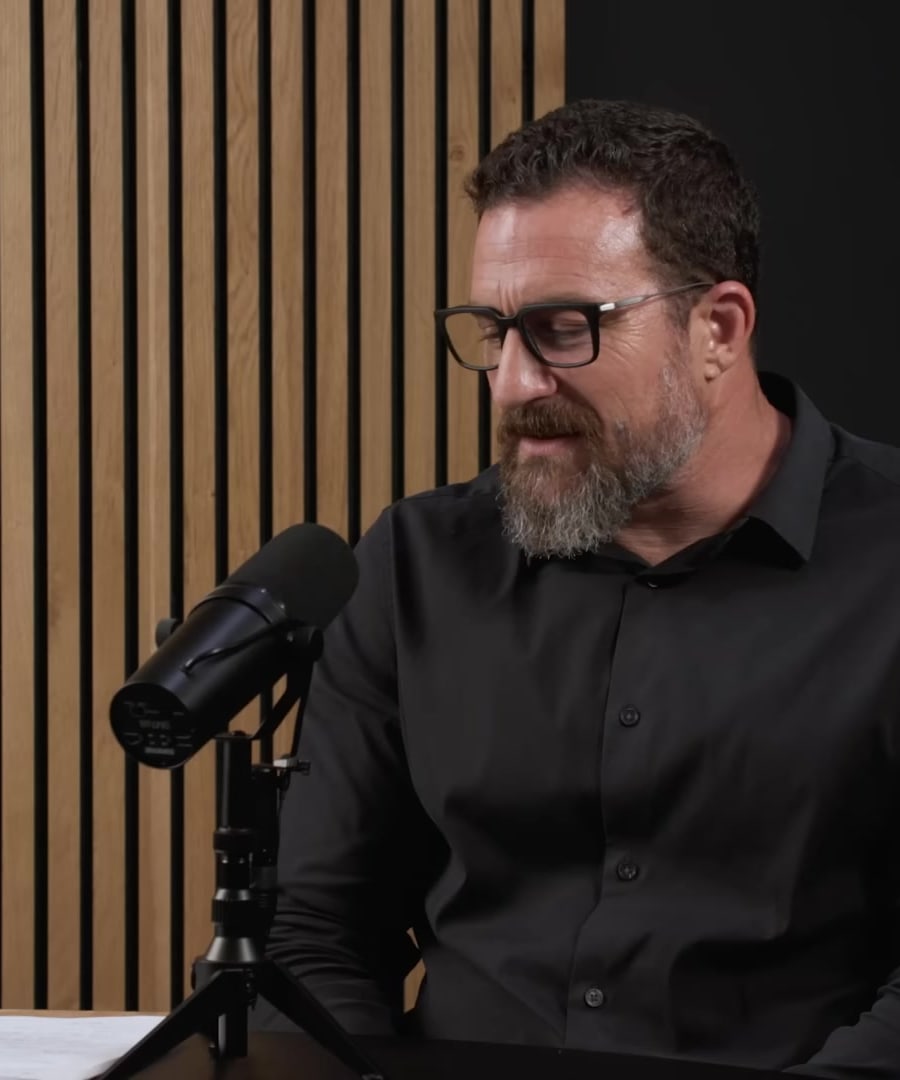Negativity and toxicity on Twitter?
Sources:
, a guest on the , discussed the negativity and toxicity on Twitter, describing his own experiences on the platform. He explained how being politically central caused him to receive backlash from both sides, leading to a constant negativity that affected his perception of humanity and his own mental wellbeing. Harris highlighted the difference in interactions on social media compared to face-to-face interactions, noting that the platform amplified negative behaviors, making them seem more prevalent than they might actually be in real life. This constant negative exposure was distressing enough to impact his daily interactions with his family and led him to significantly reduce his engagement with the platform 1.
In addition, discusses how social media, particularly platforms like Twitter, create an environment where people often receive mixed reactions—positive, negative, or neutral. He points out that while some may engage in social media for positive interactions, others are drawn to the contentious nature of online debates. Huberman's perspective suggests that our engagement with social media can be analyzed through the lens of neural responses, particularly how our amygdala processes these interactions, seeking reward through positive feedback or engaging in conflict 2.
These insights illustrate the complex and often challenging landscape of social media, highlighting how it contrasts with more traditional, physical social settings.
RELATED QUESTIONS

